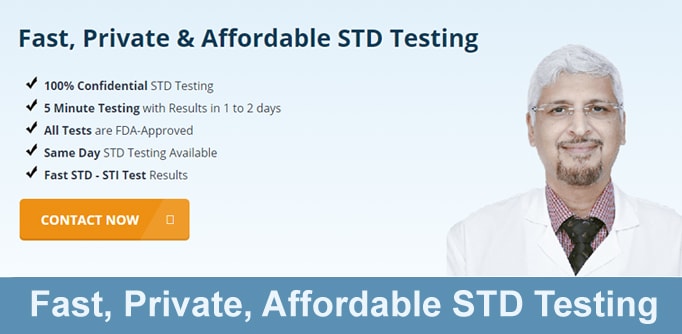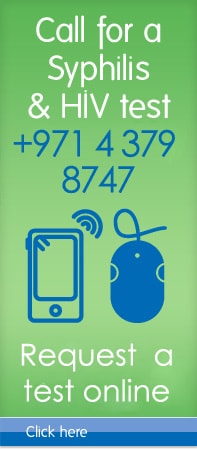
Protecting yourself from Sexualy Transmited Infections
The National Chlamydia Screening Programme (NCSP) advise that to reduce your chances of getting chlamydia you should:
- use condoms every time you have sex. This can reduce your risk of getting or passing on chlamydia and other sexually transmitted infections (STIs) including HIV.
- if you have oral sex, cover the penis with a condom or the female genitals with a latex or polyurethane (plastic) square (dental dam).
- if you are not sure how to use condoms correctly, there are normally instructions in the packet. Alternatively, see the information on condoms, on NHS choices.
- each time you have a new sexual partner, both of you should get a chlamydia test.
- have a chlamydia test every year while you are under 25.
- avoid sharing sex toys. If you do share sex toys, wash them or cover them with a new condom before anyone else uses them.
Contraception
Currently there are 15 methods of contraception that are available on the NHS, visit our Contraception page for more information
Condoms
Condoms are the best way to protect yourself against sexually transmitted infections (STIs) and unwanted pregnancy. Visit our Condoms information page for more information or instructions of how to use a male condom
If you're looking for information about sexual health and contraception services in Dubai, U.A.E. you've come to the right place. We offer confidential, free and friendly services that are available to everyone.Sexually Transmitted Infections (STIs)
Sexually transmitted infections (STIs) are diseases passed on from one person to another through vaginal, anal or oral sex, as well as through genital contact with an infected partner.
Common STIs in Dubai include HIV Type 1, Herpes 1 & 2, Hepatitis A, B & C, Syphilis, chlamydia, genital warts and gonorrhoea- and the sooner an STI is treated, the less long term damage will be caused.
It's possible to have more than one STI at a time and the only way to be sure that you don't have an infection is to be tested.
For more information about different STIs, their symptoms and treatment.
- Chlamydia
- Genital warts
- Genital herpes
- Gonorrhoea
- Other infections
- HIV
If you're worried you may have an STD? Please call +971 4 379 8747.






